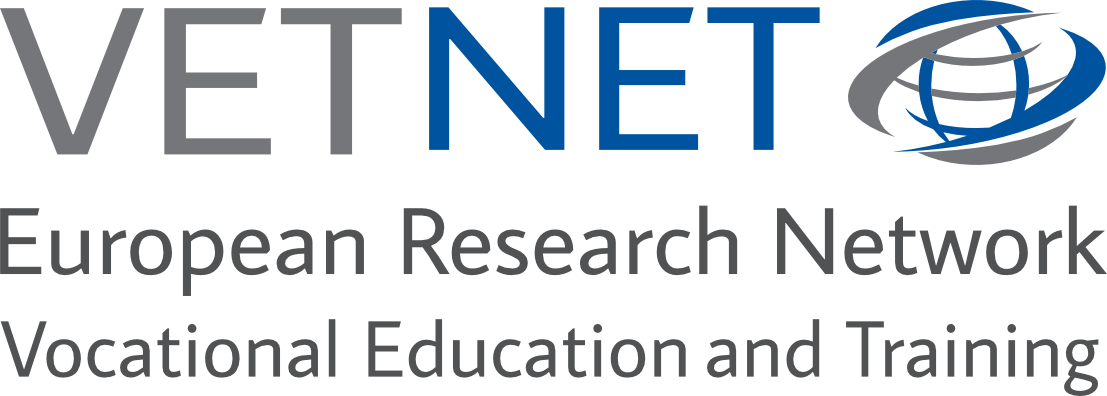Large scale studies of holistic professional competence in vocational education and training (VET): The case of Norway
DOI:
https://doi.org/10.13152/IJRVET.6.2.2Keywords:
Vocational Education and Training, Large-Scale Assessment, Professional Competence, International Measurement Comparability, VETAbstract
Context: In this paper, we review and discuss the piloting in Norway of a German methodology for competence diagnostics in vocational education and training: the Competence Development and Assessment in TVET (COMET) project. Our overarching theme is determining to what extent such large-scale assessment systems are valid for international comparisons in this sector.
Method: We present the theoretical underpinnings of the COMET model and position our discussion within the broader context of the concept of “professional competence” (berufliche Kompetenz) and methodological guidelines for its measurement. Terminology from psychometrics on “measurement equivalence” is described and serves as a template for identifying challenges in using the Norwegian data for comparative purposes. Our pilot included students and apprentices in health care, industrial mechanics and electricians and was designed as a three-year follow-up study from the second year of upper secondary school through two years of apprenticeship. Each year, a test on professional competence and a context survey were administered. Similar studies have been conducted in Germany, China and South Africa.
Results: In line with the results from these countries, the Norwegian participants had low scores, particularly the electricians. However, the diagnostic instrument was sensitive to the development of professional competence, and progress on the assessment was influenced by the quality of the learning support in the companies, as reported by apprentices in the context survey.
Conclusions: The COMET platform may be a viable prototype for the development of diagnostic tools, which may support the monitoring of quality factors at different levels and inspire local improvement projects in schools, companies and training offices. Such an objective would be in line with the latest summaries of the COMET project, in which its contribution to a model for international large-scale assessment is toned down and replaced by a stronger emphasis on its potential for measuring competence development, evaluating contextual factors and generating data for didactic innovations.





